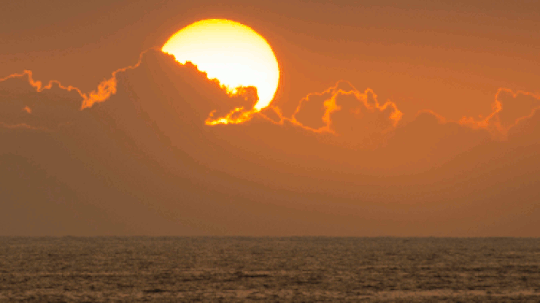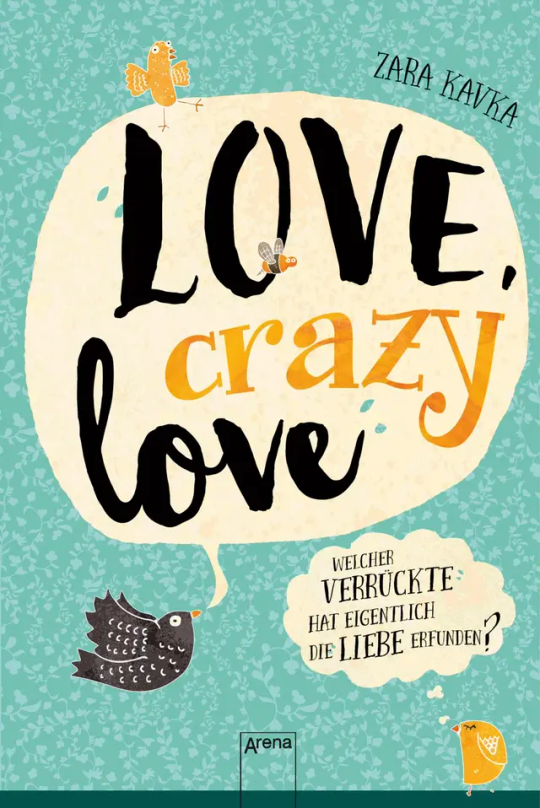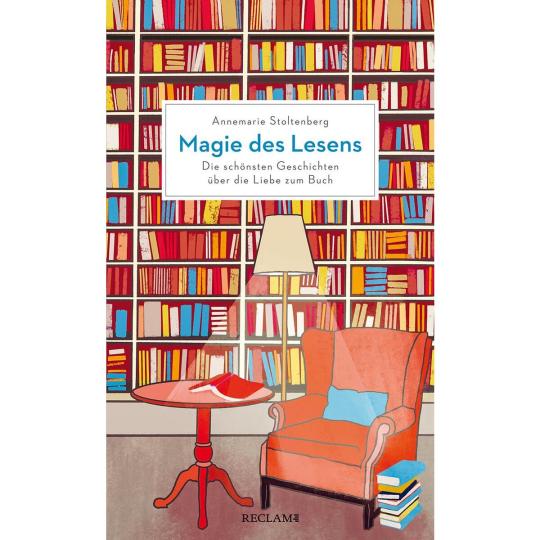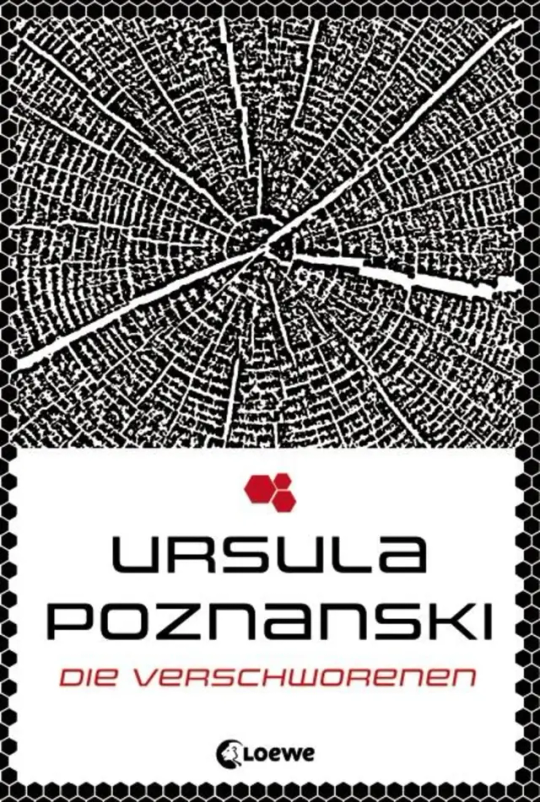#zara kavka
Explore tagged Tumblr posts
Text
🏖 August Reading Wrap-Up (Part 2) 📚
Selenio, 14th September 2023

As announced, here now the second part of everything I read in August…

Terra di Sicilia by Mario Giordano (2022)
The generational drama surrounding Barnaba Carbonaro, a boy from Sicily whose affinity with numbers helps him grow an empire and eventually bring his family to Germany, his place of longing. I have to admit, I mainly bought this book because of it’s beautiful cover and after having read the blurb (after the purchase, mind you) regretted it ever since. After finishing school in Germany I did not want to be reminded of this rather depressing country where I had lived for the majority of my school career (at least for the summer following my A-levels). This summer, I finally decided to overcome this negative first impression and now regret having not decided to do so earlier. Giordano’s writing style and pacing is absolutely superb, the emotions he depicts are realistic, heartfelt and not a single line or scene in this book feels out of place. From the ancestral Sicilian superstitions to the rigid German customs, the sprinkled in historical facts and emotional conversations: everything seems like a carefully woven net, which captures the reader from the first line. I also adored the recurring theme of nymphs and faunlets.

Love, crazy love by Zara Kavka (2016)
After failing her A-levels, Clara visits her father at his place of work – a clinic for the mentally unstable – and falls head over heels for a boy, who’s being treated there. Wanting to be near him (and not be shunned as ‘the doctor’s daughter’), she fakes an eating disorder and lies her way into treatment. I will not say a lot about this book, as it is my first DNF of the year and perhaps I will revisit it in the future and give a more well-rounded opinion. My sister was gifted this book by a probably well-meaning, but ultimately wrong-doing friend. I could not even reach the 100 page mark without having to put it down and have not picked it up since (which I’m certainly not planning to do). The protagonist is just a complete and utter annoyance who has no perception of taste, empathy and consideration.

Red, White and Royal Blue by Casey McQuiston (2019)
What if the son of the American president and the Prince of England have to pretend to be best friends and slowly start to discover deeper feelings in the process? I certainly did not see myself reading a fluffy ‘enemies to lovers’/alternate universe romance this summer, but I’m also certainly not mad about it. After returning from Italy I was freezing, melancholic and longing for the warmth I had felt when looking at the ocean. So as I was sitting there, cuddled up in a bunch of blankets in front of the tv, I stumbled across the movie, which seemed to have come out while I had been on vacation. And to be frank, it was just what I needed to pick me out of my slump. Some of the scenes, quotes and just overall feel of the movie were magnificent and as you will, the next day I had already ordered the book. Which… was equally as comforting and cozy. Although some of the descriptions of the more technical political parts were not completely up my alley – as my knowledge of American politics is a little limited – I stayed for the amazingly fleshed out characters and their dynamics and humorous conversations. And I will unashamedly admit: I devoured every single page.

The Magic of Reading by Annemarie Stoltenberg (2021)
An anthology of different writers’ relationships with books and reading in general. My grandmother was so kind to gift me this delightful little book for my last birthday and at the end of last month, I finally felt in the perfect mood to indulge myself in it. Naturally, as is the case with most anthologies, some texts stuck more with me than others, but overall it was just the thing to give me reading energy for the upcoming September and my time at university. Some of the revelations I had while reading were: I have to read Proust, I will probably not start reading Tucholsky before I turn 50 and I probably am the male embodiment of Madame Bovary.

The Conspirators by Ursula Poznanski (2013)
The second book of the dystopian ‘Eleria’-trilogy by Ursula Poznanski. After finishing the second installment of this very intriguing sci-fi series, I have realized how much I missed reading science fiction (and especially dystopian) fiction. The author has managed to once again pull me into a new genre and I will definitely explore this new found love in the following months. As per usual: wonderful narrator, believable characters and great pacing.
I would entitle this August as one of my more successful reading months thus far and hope, that I will be able to retain this energy for the last months of the year to come. I am excited for anything September might hold in store for me and can’t wait to see what next month’s Reading Wrap-Up will look like. (Probably filled to the brim with university text books, or so I hope.)
#book#books#reading#bibliophile#dark academia#light academia#academia#literature#german#english#what i read in august#august reading wrap up#reading wrap up#terra di sicilia#mario giordano#book reviews#book review#love crazy love#zara kavka#red white and royal blue#rwrb#casey mcquinston#the magic of reading#annemarie stoltenberg#the conspirators#ursula poznanski#august#casey mcquiston
1 note
·
View note
Text
Notes on "Love Island: A Flirtation With Surveillance"
youtube
My notes taken from this video to potentially be put towards my own writing. Parts in quotes are taken from the video transcript.
History of reality Tv
Reality TV is a tricky genre – associated with, what media scholar Misha Kavka characterizes as “low production values, high emotions, cheap antics, and questionable ethics because it is ‘an unabashedly commercial’ form that mixes the serious traditions of documentary with the entertainment purpose of populist formats.”
Its hard to tell when reality tv was conceived. Kavka belives it was in the late 1980s due to economic dysregulation, leading to broadcasting making cost effiecient entertainment. Reality cuts out the cost of actors. Handheld camcorders were cheaper than studio counterparts, and were more suitable in pursuit of surveilling the people involved. In Kavka’s words, “Out of invention and necessity, reality TV was born.”
"While shows like Cops were an early use of the documentary-style, camcorder format, it wasn’t until 1992 with the release of MTV’s The Real World that we’d see today’s format of reality shows become popularized. Inspired by youth-oriented dramas like Beverly Hills 90210 and Melrose Place, producers Mary Ellis-Bunim and Jonathan Murray wanted to create an un-scripted show that would capture the zeitgeist of young people at the time." The Real World had lots of scrutiny, but was an insightful experiment into learning about other cultures, and living through significant events such as the AIDS crisis.
The real world paved the road for shows like big brother and jersey shore. They maintained a "study" like approach, as if they were lab rats. This was effectively captured with the use of surveillance cameras.
-----
2015 love island is actually a reboot of an existing show. "celebrity love island" aired in 2005 and aired for 2 seasons. It had b list celebrities and a winning cash prize, but was cancelled for low ratings
The new series used regular people. the premise: people are placed into an extravagant villa in Spain and are tested to find genuine romantic relationships to be in the chance to win the £50k cash prize. each week there are challenges, and eliminations in different shapes and forms.
The shows distinction from the get go is the narration. it is an ongoing commentary provided by Ian Stirling, that is self aware and humorous of what is happening. There is less filter as to what is happening - there are no forced sob stories, and the romances aren't forced either.
Conflict is classic to this genre, but in certain parts of the show it is difficult to watch. See Zara Holland, having her miss Great Britain title taken away from her after having sex with another member of the villa. On top of this she was having a hard time connecting with the male contestants, and there was an ongoing joke regarding her always bringing up Miss GB in conversation. Jess Hayes endured endless waves of misogynistic attacks from the other contestants.
"Seasons 2 and 3 are difficult to re-watch with the knowledge that both Sophie and Mike took their own lives. "
Host Caroline Flacks death in 2020 was partly set off by masses of tabloid attacks regarding an incident in her personal life that became widely publicized. "many, including Zara Holland, called for Love Island to be cancelled, citing that the Jeremy Kyle Show had recently been cancelled after only one participant suicide. "
Since 2021 contestants have been given more support with dealing with being apart of the show. Therapy sessions, disclosures about the show, and how to deal with tabloid scrutiny, etc.
But as a result, the shows watchability changes.
Foucault, M. (1977) Discipline and punish : the birth of the prison. London: Allen Lane.
Prison architecture structure called "the Panopticon"
It represents a massive change in state control. It is modern because you cannot see the possition of power, like the monarchy. the prisoners are lead to assume a guard is always in the tower, regardless wether there is someone is there or not, because one cannot see them at all. This is a principle of surveillence.
Reality tv encapsulated the essence of the panopticon as entertainment. Big Brother borrows its name from George Orwells dystopian novel, 1984, that features an all knowing oppressive dictator.
However shows like this are more akin to the Stanford prison experiment than the panopticon. This is because of the explicit surveillence. They know the cameras are there. it is voluntary. they do not modify they're behaviour or police themselves. For reality tv needs the warts and all approach for entertainment value. But for live island, the idea is flipped on its side. though it originates from having the noughties reality tv concepts of having massive emotional breakdowns and outbursts, Love island has become more subdued. Self monitoring is more present, and Love Island has become a truer realisation of the panopticon. The crutial difference for the show is making the powers of control even more invisible. The participate thus enforce their own self regulation to match what they assume is needed of them. But public criticism and the surveillance system are not mutually exclusive. The sinister nature comes from there being no one clear source of power. The power is decentralised and passed around each stakeholder, participants, and creators. This adds to self surveillance, but has also made each coming season more boring.
--------------------
Sex became more regulated with each season. in the beginning the sex was much more prominent, largely because the contestants didn't realise the extent of the monitoring. "For example, Zoe Basia Brown of season 1 and her partner Jordan had sex in the bathroom during their stay in the hideaway," under the expectation that it was a private moment. however they had their microphones turned up to full volume, and a lingering camera shot from they room they entered together. They were unaware this moment was captured in such a way until it was mentioned to Zoe in her exit interview.
"In season 2, 19-year-old latecomer Emma Woodham is shown asking a fellow islander if producers can legally show an intimate scene if it isn't under the covers. Receiving no straight answer, she promptly heads to bed, and does the deed with partner Terry over the sheets in full view of all the islanders. Of course, this entire moment was shown on television."
After all of this was made clear, sex became much less apparent. With the earlier seasons there was lots of heavy petting and full montages of them in bed. With later seasons even one sexual act is shocking. This isnt inherently bad. Participants family members are likely to follow their time on the show, and sex can be incredibly personal and private. but in season 1 and 2 the woman had extreme scrutiny and public shaming, such as Zoe losing miss GB. however the later seasons gives participants more of a safenet. 'TV safe sexuality'
-------------------
Regulating authenticity.
the mention of the cash prize is taboo. Blatant strategizing is typical of gamified shows. but in love island its largely unheard of. Game playing is lead to speculation.
------------------
Regulating "deviance"
Reality tv tries to make things seem truthful, but they need to keep things interesting. There needs to be narrative and conflict to keep people watching.
In season for Niall Aslam suddenly disappeared from the show. It was later announced that he had to be admitted to a psychiatric hospital after suffering a stress induced psychosis. It was left unknown to the public, but very known to the producers that Naill had autism, and had no assistance. About his experience, Niall says, 'I was ITV's performing monkey – made to do things I didn't want to. It ended in me being desperately ill'.”
What the cases of Niall, Amy, and Faye show us is that both the producers and the public have the power to crack down on behaviour they perceive as deviant – and any neurodivergent person or person whose mental health falls outside the norm, is seen as unable to appropriately regulate themselves under what is expected of them. They are either removed from the show, voluntarily eject themselves from the villa , or, with guidance, regulate themselves accordingly.
The contestants are regulated by a code of conduct that keeps them marketable enough to keep TV interest, but not so unregulated as to receive public abuse. To be a game player on love island is to be perceived as social deviant because all other shows in the genre are predictably forced. The partipants play a role of what the public expects them to be: hot, dumb, and open to love.
--------------
Always be regulating
""Amy Hart has since characterized the contestants of Love Island as “hard workers who deserve a regulated and unionised industry,” - and she raises an interesting point.""
""The islanders used to laze in bed, wander around the villa, and hang out like they were on vacation with friends. Now they’re all woken up at the same time with blinding fluorescent lights. They almost always convene in the garden area during the day. And they’re only allowed two drinks at night. It’s almost as if they’re clocking into a job, and the show is capitalizing on the benefits of their labour. And if we’re to conceptualize the islanders as workers who willingly enter the villa, then we can also conceptualize Love Island’s duty of care to the islanders as a sort of corporate wellness strategy. It’s almost as if the show, in its progression towards being more sanitized and nurturing, has started treating the villa as a workplace, providing its employees with an ethics of care and protection. But the expectation of self-monitoring, and of self-preservation still lies mostly on the shoulders of the contestants. In applying these corporatized therapy programs, the producers shift attention away from the exploitative apparatus that is inherent to their show.
-------------
short essay by philosopher Gillez Dekeuze Update to Faucaults idea of deciplinary society. Dekeeuze argues that we are moving away from a society of decipline, into a society of control. You are encouraged to embraced that you are being watched everywhere. the illusion of being more free, but less free than we've ever been before.
It used to be known that participants of early seasons of the show, once out of the villa, had cosmetic plastic surgery. However with later shows the contestants are coming into the villa having already had these cosmetic procedures. It's as if they are already regulating themselves for a perceived public.
"This is the greatest trick of the society of control - while the villa is a confined space where the Panopticon can take shape, a workplace for the contestants to generate revenue - the society of control has made it so that they clocked in on the project of self-regulation long before they entered the villa. "
this is why love island is so important. "it’s an instructional tool - a microcosm of a much greater, much more insidious system of surveillance that permeates our everyday lives. Love Island is a study in the society of control - it’s an experiment in the way power becomes invisible and thus seeps itself into the facets of everyday life. It’s a constant push and pull of market forces."
"Love Island has gone down a path of hyper-commodification, subdued and obedient contestants and ultimately a show that looks nothing like the show we knew and loved." The show is boring - the true goal of the panopticon all along, to placate its victims.
"Love Island is a perfect case study in the ethics of using power and control for entertainment purposes. Maybe the trajectory of Love Island has predicted a trajectory for our greater social world. A world that is completely mappable, where people are easily tracked, and where each individual willingly adheres to the rules of the game – what that game is exactly, we have yet to find out."
------
------
------
It is clear that the video is a very thought out essay! The sources used can be used in my further research, and i look forward to connecting this video essay with what i have to say about surveillance.
1 note
·
View note